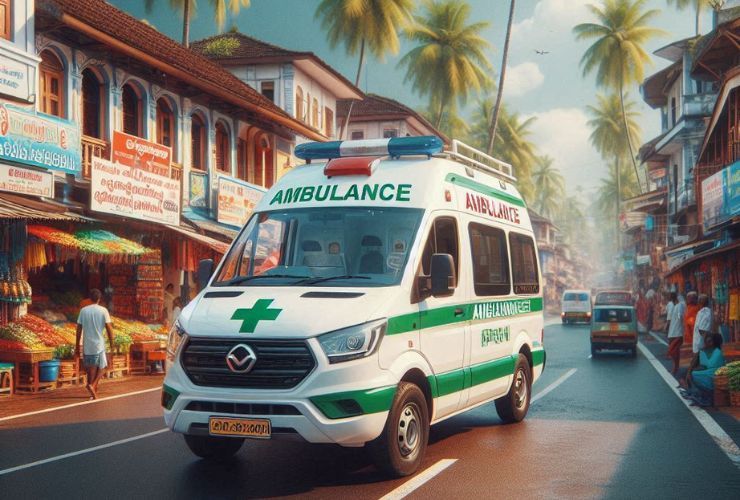Shift Road Accident Victims To Hospital And Get Rs 25,000 Reward: State Govt


Road accidents have lately been on the rise in India. Over 1.5 million people reportedly lost their lives in road accidents in the last 10 years. With more people buying vehicles and preferring personal transport solutions, this is only set to go up. The Indian government, however, is determined to bring down the crash counts and casualties involved. From improving road infrastructure to stricter enforcement of traffic and lane rules, the government is doing its part. In most crashes, casualties occur due to the sheer absence of timely rescue and medical attention. The Uttar Pradesh government has now announced an initiative that they hope will solve this problem. It plans to incentivise and reward people who get road accident victims to the nearest hospital within the first hour. They will get a cash reward of Rs 25,000.

UP's Transport Commissioner, on Monday (6th October), issued a directive that says that the first responders who help out victims of road accidents, will be rewarded. If they manage to take the victims to a hospital within 1 hour (referred to as the ‘golden hours’ to save the victim’s life) will receive a ‘Raah veer’ certificate and Rs 25,000 in incentive, under the Good Samaritan scheme.
This scheme was originally designed by the Union Ministry of Road and Highways, and is now being implemented by the local governments of various states and union territories across India. In most accidents, prompt assistance can prove to be lifesavers.

The Motor Vehicles Act of 1988 defines a 'Good Samaritan' as someone who offers emergency medical or non-medical assistance to get crash victims to a hospital, without expecting a reward in return.
Early responders will be called ‘Raah Veer’. Even when he/she is given timely medical attention, the victim’s survival depends on multiple other factors, which are mostly beyond the control of the Raah Veer. Despite the victim’s survival, the act of helping will be recognized.

This scheme applies to victims of accidents involving a motor vehicle that result in severe injuries to the victim (s), who would then have to undergo at least three days of hospitalisation. Cases demanding major surgeries to be performed on the victim, those causing brain or spine damage or eventual death during treatment will also qualify. Rah veers will be rewarded a total sum of Rs 25,000 per incident. If more than one person is involved in the rescue process, this amount will be split equally among them.
Time of arrival at the hospital stands important in qualifying for these incentives. First responder details will be first collected from hospitals along with the time of the accident and that of arrival there. First responders were previously given protection from police and legal procedures, under the Good Samaritan scheme. The addition of money incentives is expected to attract more people to become life savers.

Under the new scheme, police and the chief medical officers will verify each Raah Veer with the hospital and issue proper acknowledgements with their names, contact details and the victim’s details.
These will then be sent to a district-level appraisal committee, which will process them and approve qualifying payments and ‘Raah Veer’ certificates. This committee will be led by the district magistrate and will also have police and transport officials in it.
If implemented correctly, the new scheme will make people help crash victims and possibly bring down the number of lives claimed by road accidents. Authorities will also have to ensure that the scheme and its rewards are not being misused.